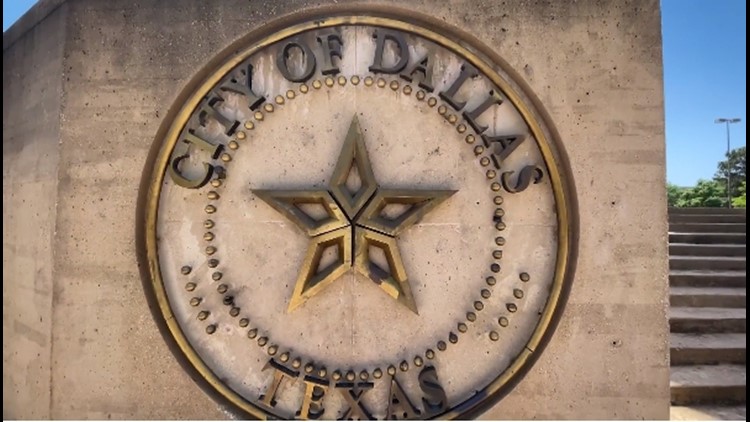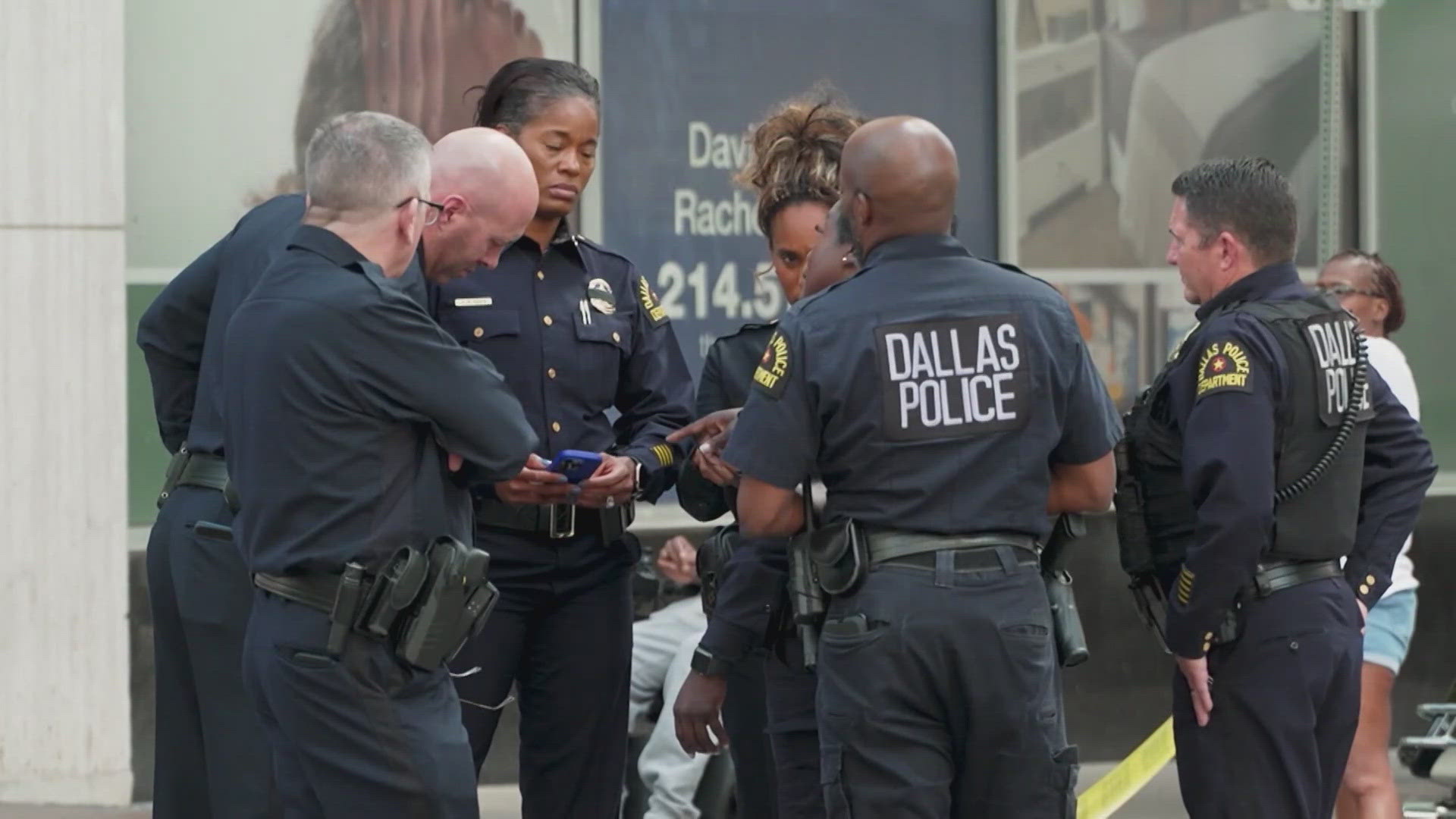DALLAS — Dallas officials are weighing multiple options to shore up the Dallas Police and Fire pension system, including potentially diverting funds from Dallas Area Rapid Transit (DART).
The city council’s ad hoc committee on pensions met this week to discuss plans for shoring up the city retirement fund for police and firefighters.
The city and the pension system for first responders have until November 2024 to adopt a plan for solvency that meets state requirements. The need for a plan to build the police and firefighter retirement fund back up comes after the fund reportedly nearly ran out of money in 2016. Pension officials cite bad real estate investments and a “run on the bank” as the causes of the 2016 issue.
The state legislature adopted House Bill 3158 in 2017, which provided for some immediate fixes and required the city to adopt a long-term plan to bring the fund to solvency by November 2024 to submit to the Texas Pension Review Board.
The system had about $3.4 billion in unfunded liabilities as of Jan. 1, 2022. Jack Ireland, Dallas’ chief financial officer, said as of Jan. 1, 2023, the pension fund was projected to be fully funded in 82 years.
“The pension review board does have funding guidelines that require that we address both normal cost and any unfunded actuarial accrued liability over a period not to exceed 30 years,” Ireland said.
Among the city staff recommendations presented Thursday were an annual actuarial determined contribution with a five-year step-up that allows for an additional $17-20 million in funding per fiscal year for the next five years that will grow over time and a 1% adjustment in the next fiscal year that permanently adds to the base benefit for retirees. Also, beginning in 2026, retirees would get supplemental pay of 1% percent each year the pension system has a positive rate-of-return until it's 70% funded.
The recommendations still likely won’t allow for a cost-of-living increase for retirees for decades, though.
“We expect that the fund will achieve – if we go to an ADC (actuarially determined contributions) model and we’re putting in more money into the fund, that will allow for the fund to reach 70% funding in 2046,” Ireland said. “At that time, an ad hoc (cost-of-living increase) would go into play.”
When the system reaches 70% funding, the cost-of-living adjustment will be tied to the consumer price index (CPI) at a maximum of 1.5%. The Dallas police and fire pension system is currently funded at 39.1% officials say.
At least one council member expressed concerns that the recommendations didn’t go far enough.
“This is going to cost more by doing a five-year ramp up than if we just did the traditional plan,” council member Cara Mendelsohn said, “I don’t understand how we’re going to do this.”
Among the options the city is considering include diverting some funds from DART. DART collects a penny sales tax from each of its 13 member cities. Ireland said sending DART 25% less in sales tax revenue would generate an estimated $100 million.
“This has been something that’s talked about for years,” Ireland said. “It would require a process. It would require us working with DART. I’m aware that some other member cities have expressed an interest in reallocating some of their sales tax from DART back to the city.
That process would require the DART board and voter approval.
“We’ve got to have a funding stream and everything needs to be looked at,” City Council member Paula Blackmon said.
Blackmon also called on DART to work to add additional member cities.
“If you really want to serve southern Dallas, get all those southern cities part of it,” Blackmon said. “Your pie will get bigger, which means the senior member cities should see a reduction in those contributions.”
Other options being discussed to raise money include “monetizing” existing city assets, and increasing the property tax rate with a voter approval election. To make the ballot in November, the election would need to be called by the city council no later than Aug. 14, 2024.
“When you think about the tax ratification election, I mean, nobody wants to go to the taxpayers and ask for that kind of increase. However, it’s allowing them to decide,” said council member Gay Donnell Willis.
A city council briefing on pension funding is set for June 5.
Other headlines:



